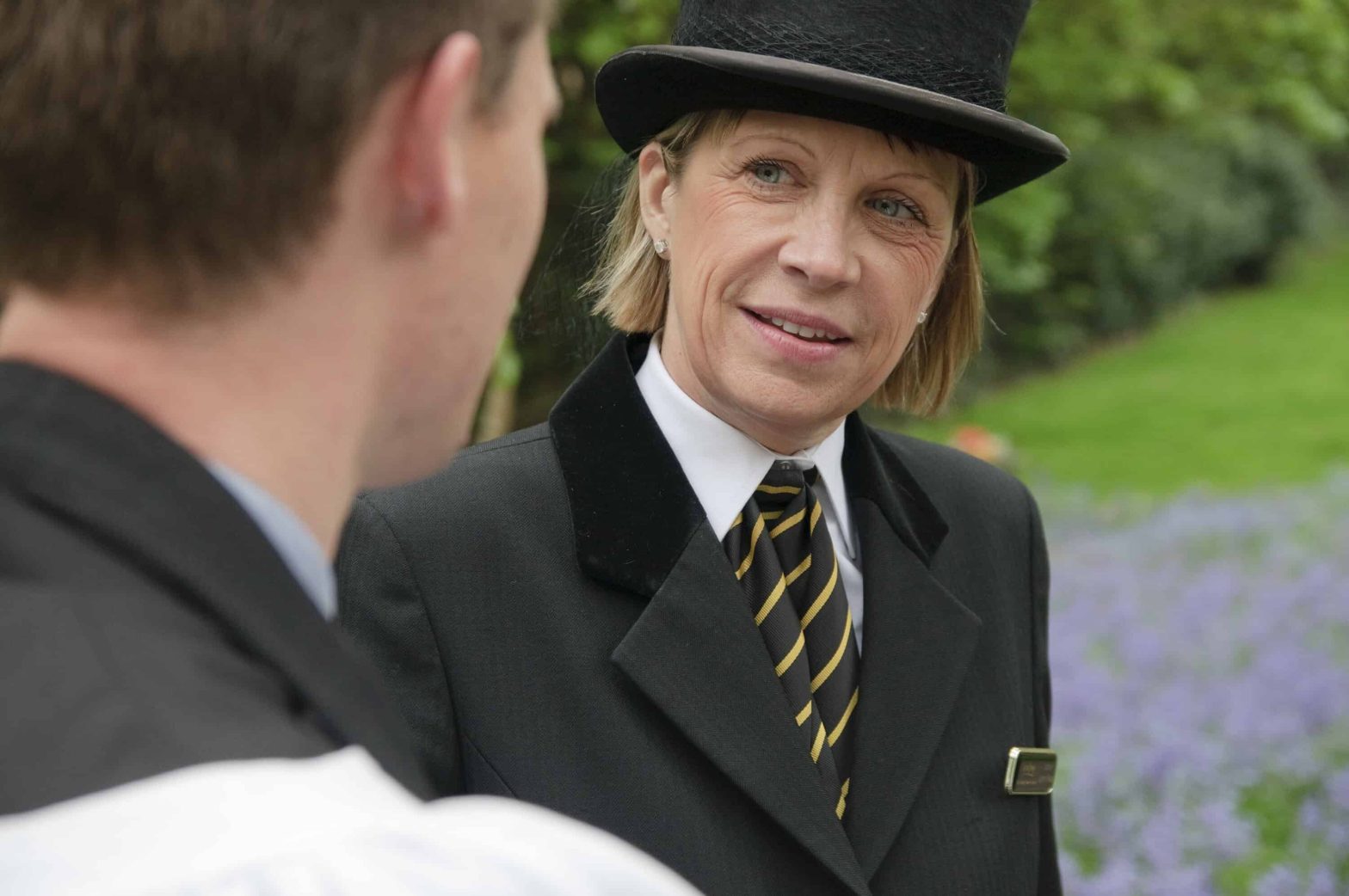How to work well with a Funeral Director (and why that matters for mission)
The local Church of England minister is often one choice amongst many for funerals, so it’s important for ministers to invest in this relationship and show that it is valued
IT IS ALMOST IMPOSSIBLE TO overestimate the importance of the relationship between those who take funerals in our churches and the Funeral Directors who are organising them.
Independent research commissioned by the Archbishops’ Council showed clearly that Funeral Directors are important to the bereaved, their advice is trusted and their help appreciated.
Ultimately, the Funeral Director trusts the most public and visible part of their business to the person conducting the ceremony.
So, the relationship we have with them is central to the way that together, we serve bereaved families in our parishes in the best way.
“As a Funeral Director, you want to get the date and time sorted as soon as possible. And if the vicar doesn’t respond to the message, well, then, you look elsewhere. There are plenty of other options available.”
Funeral Directors want a celebrant who:
- Meets the needs of the family
- Is easy to work with, which means someone who is available and customer-focused
Research with Funeral Directors revealed that all too often, Church of England ministers have a reputation for disorganisation, making bad mistakes and applying rigid rules which hurt families.
However, the good news is that the quality of relationship between the local Church of England team and the Funeral Director makes all the difference.
Practical ideas to build a great working relationship include:
- Inviting Funeral Directors along to licensing and other special events in the life of the church. Include their business in your cycle of prayers.
- Make sure your local Funeral Directors and their staff understand all that a Church of England funeral offers. This means making sure they know that you will take funerals at a crematorium and a green burial site, but also that the church is available to families long after the service too.
- Let them know about the Church of England Funeral web pages, specially written for bereaved families. Signpost the service walk through with an option to listen to hymns. This is a really helpful tool for families as they plan a service.
- Ask them for feedback – they will have seen more funerals than almost anyone else.
- Take time to get to know them and their concerns, offering pastoral care as needed.
- Make sure they know when clergy and other ministers are unavailable and on leave, and who to contact if they need someone. Perhaps also find out when they are on holiday.
- Give them mobile numbers and other means of contact.
- Take cake – there is no doubt that home-made cake offered as a blessing and a gift is always a treat. The staff team at a Funeral Directors is often small, so an opportunity to spend time with others can be welcome – and the old ‘tea with the vicar’ line still gets a laugh! You could even hold a Pimms evening, or pie and a pint – whatever works where you are.
- Pray for them – find out what the recent pressures and needs have been and tell them they are on the prayer diary.
- Find out about the newest developments and the coming challenges – the funeral business is changing, and businesses need to respond.
- Offer a tour of the church (after a tour of their premises). Many younger staff working at Funeral Directors may be unfamiliar with church-led services and church buildings. It’s a great chance to talk about all the things that can happen in a church service – places where creative coffins, creative response, and personal tribute are all held within the great story of God’s love and hope and a community that will be there whenever and wherever it’s needed.
Tried and tested
This great idea from St Mary’s church in Sunbury-on-Thames goes the extra mile to acknowledge funeral professionalism and build great local Funeral Director relationships.
Funeral Arranger of the Year Award
Each year in December St Mary’s organise a ‘Funeral Arranger of the Year’ certificate and bottle of champagne to give to the individual funeral arranger they’ve worked most with over the year, and/or who has shown exemplary professionalism and care in supporting grieving families.
Not only does it acknowledge the good working partnership, it’s a ‘thank you’ for the work they’ve done over the last 12 months together with the church, some of which will have been very sad and difficult.
The certificate is for a named individual within a Funeral Director’s company, so it is a very personal acknowledgement. Wherever they are from, it reminds Funeral Directors that the church values the same things as they do when giving families the best possible support at the time of a funeral, and keeps the church top of mind when discussing the types of funerals available to all families, regardless of whether they are churchgoers or not.
Blessing a chapel of rest
The Revd Andrew Dotchin has been asked to bless Chapels of Rest for two local independent undertakers, but it can be offered to any Funeral Director as a way of showing the church’s care for their staff and business. Andrew created an Order of Service which is available to download if you wish to use or adapt it.
Related resources
Using the JOIN resources: Recruiting volunteers
Running successful children and youth ministry
Using the JOIN resources to recruit volunteers at church
Running successful children and youth ministry






